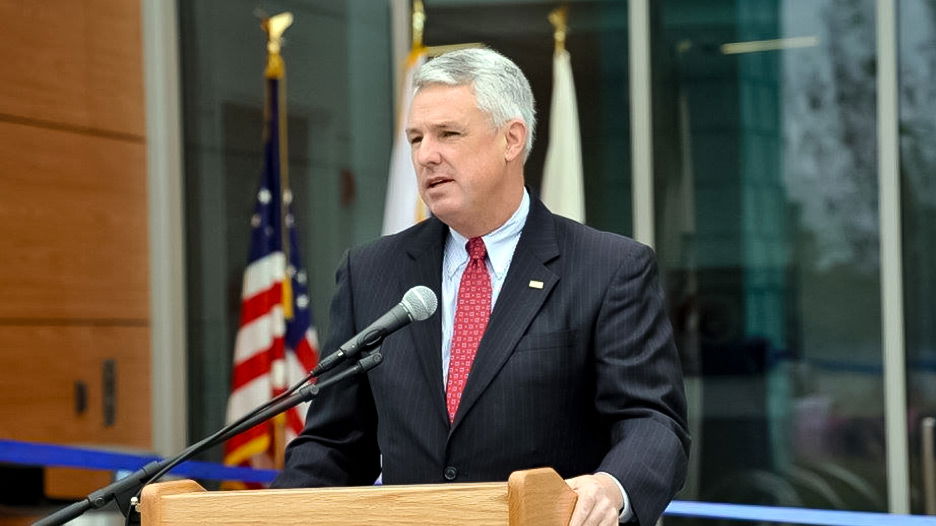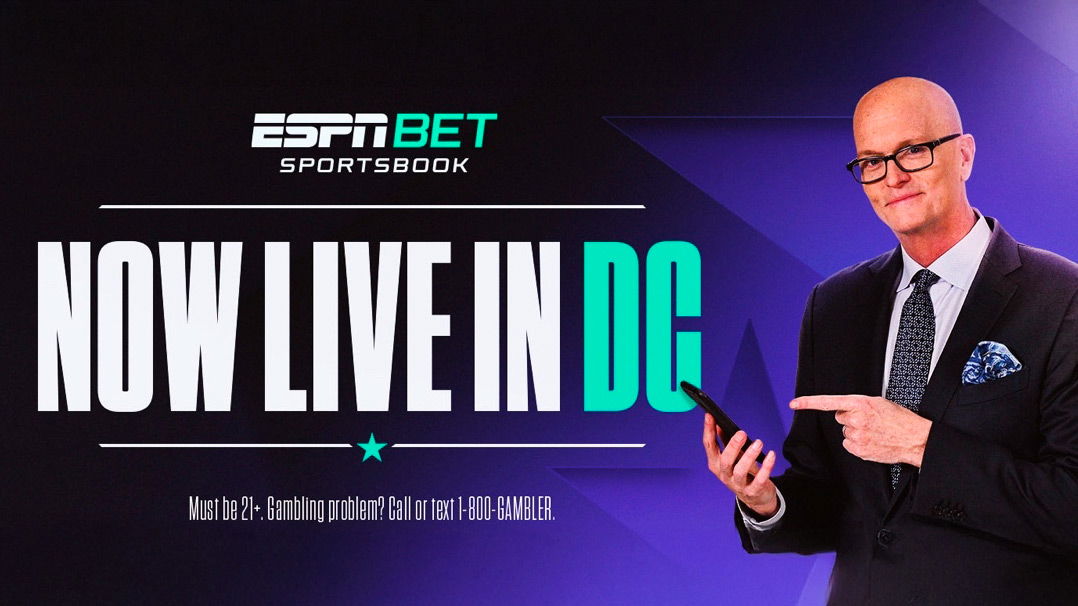Massachusetts gaming officials consider stricter advertising regulations to address sports betting impact

State gaming officials in Massachusetts are evaluating new ways to address the impacts of advertising, particularly in the booming sports betting industry, in order to reduce potential risks for younger and problem gamblers.
Current state regulations on gaming advertising, specifically targeting sports betting, limit false or misleading advertising, control the intensity and frequency of ads, and require messages about where to obtain help.
At a Massachusetts Gaming Commission’s recent meeting, researchers presented a literature study outlining the advertising landscape and their agenda for the next fiscal year. They highlighted the risks of oversaturated advertising environments, particularly with the rising popularity of online sports betting, CommonWealth Beacon reported
Researcher Rachel Volberg recommended limiting advertising for higher-risk games, which have a higher incidence of problem gambling, and restricting the promotion of gaming for purposes like supporting “good causes.” She also suggested that inducements should not create a sense of urgency, be limited in value, and be offered only when customers are opening an account.
Volberg also advised restricting celebrity endorsements to reduce their appeal to young people and problem gamblers and emphasized the need to monitor emerging advertising forms on social media platforms, which are harder to regulate, the report said.
The study, derived from a literature review, available gambling data, and online panel surveys, highlighted a shift towards digital gaming advertising, including targeted promotions and pervasive social media campaigns. Volberg noted that gambling advertising significantly impacts consumer behavior, often encouraging increased participation.
Online panels, conducted in 2014, 2022, and 2023, found that problem gamblers were most likely to report seeing significant gambling advertising, which increased their gambling. These panels also identified news coverage on gambling, communications from casino associations, and targeted promotions as contributors to increased gambling.
The report also indicated that the use of illegal sports books in Massachusetts jumped from 4 percent in 2022 to 18 percent in 2023 after sports betting was legalized, suggesting a demand for products outside the legal market.
The Massachusetts Lottery, not under the purview of the gaming commission, did not see a major participation increase. This was attributed to already high participation levels. Governor Maura Healey proposed $10 million for Lottery advertising, but the House reduced it to $7 million, and the Senate proposed $5 million, excluding an online Lottery expansion. The final budget will be determined by a conference committee.
Gaming commissioners are considering future research areas, including an expanded online panel survey focusing on young adults and their sports betting behaviors and a study on the impact of paid media on sports betting awareness among college students. They also plan to re-evaluate the voluntary self-exclusion program and conduct a positive play study to assess healthy gambling behaviors following the launch of sports wagering. Additionally, a two-year study on sex trafficking in casinos has been awarded to the Safe Exit Initiative.
















































